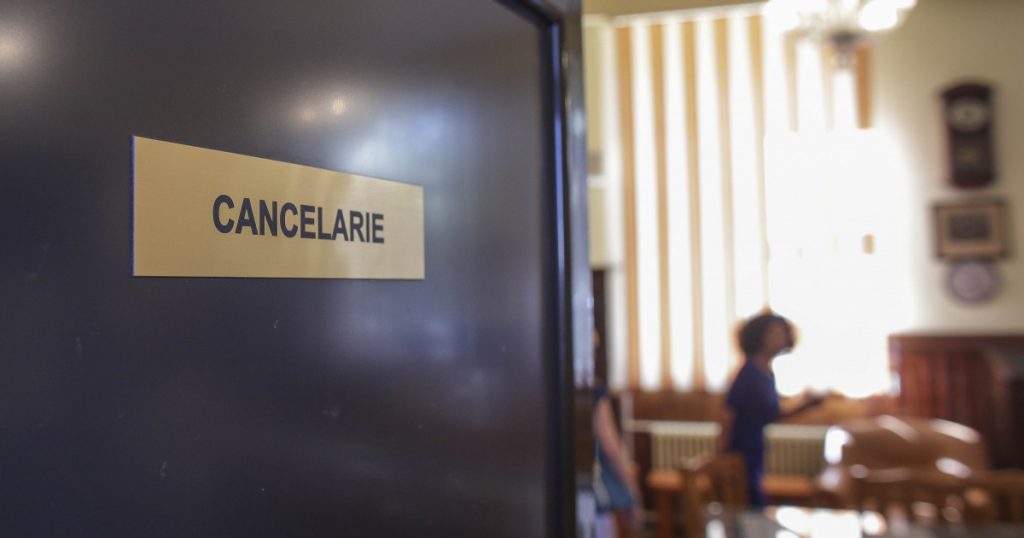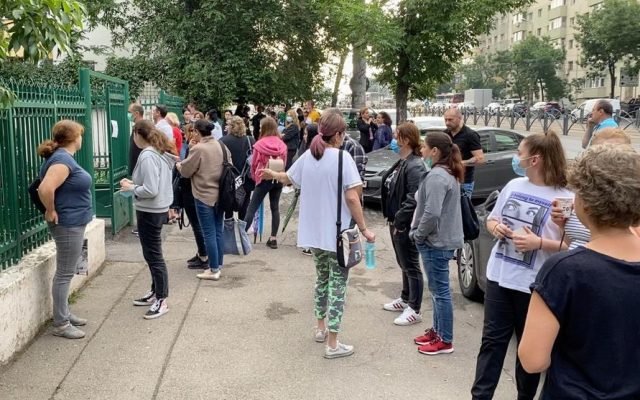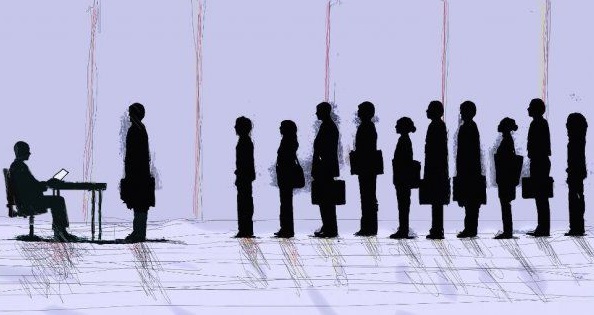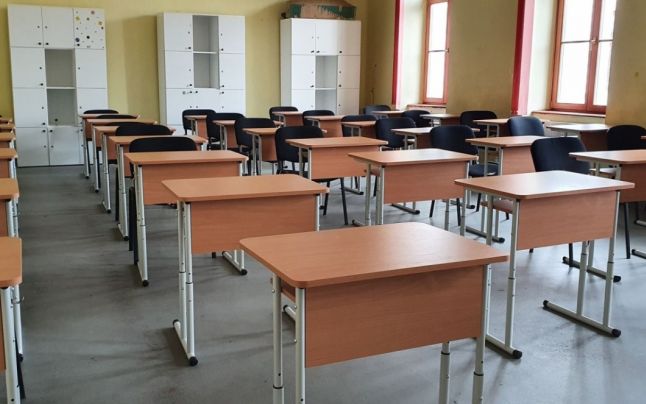Three-quarters of teachers and parents and over half of children consider it necessary to reopen schools, according to a survey carried out by the Save the Children organization.
Most of the parents (78,4%) and teachers (73,1%) believe that students must return to school as soon as possible, where there is a need for a rethinking of the school curriculum (80,9%) and measures of remedial education (43,7%), according to an opinion poll carried out by the Save the Children Organization during the month of December.
As far as the children are concerned, 56,8% of them declare themselves in favor of the reopening of schools. Regarding the return to school, the complete data of the online survey reveal that: 56,8% of students are in favor of reopening schools, while 23,5% prefer maintaining the online format; 78,4% of parents consider it necessary to reopen schools, while only 12,7% say they prefer the school to be kept online; only 14,2% of the teachers believe that the school must remain online, while 73,1% of the teaching staff consider it necessary to return to the banks. The rest declare themselves undecided.
With regard to the conditions that schools must meet, in order for the reopening to be done safely, most emphasize the existence of sanitary materials, but an important condition is also the avoidance of crowding in the spaces adjacent to schools:
83,5% of the respondents believe that ensuring hygienic-sanitary conditions is a necessary condition for the opening of schools.
69,8% say that medical assistance is needed in all schools.
59,3% of those interviewed want measures to be taken to avoid crowding around schools.
45,3% believe that it is necessary to reduce the number of students in classes.
44,8% believe that there is a need for safe transport to and from school.
Once the didactic activity in schools is resumed, it becomes imperative to recover the material and cover the educational gap for vulnerable children, who did not have a real participation in online education.
80.9% consider it useful to revise the school curriculum, with emphasis on the essential subject.
43,7% say that support interventions are needed for those who failed to actually participate in online education.
A small percentage - 10,2% - is in favor of extending the duration of courses this school year.
The survey was conducted between December 7 and 30, on a non-probability sample of 8.193 respondents, of which 5.811 were students, 1.734 were parents and 648 were teachers.









